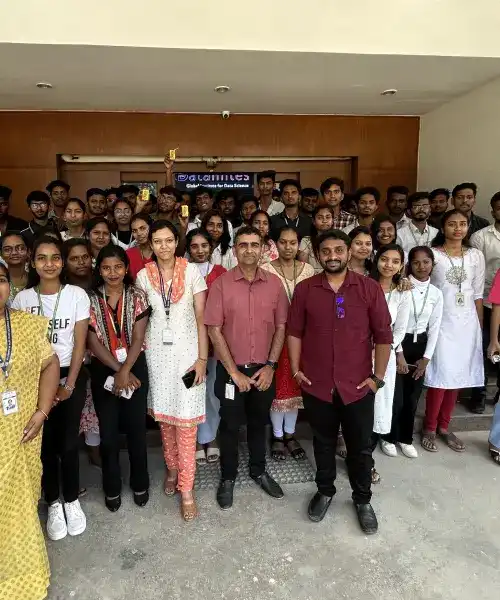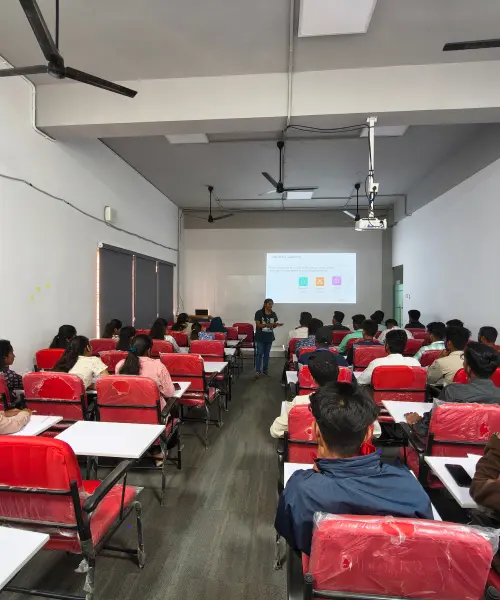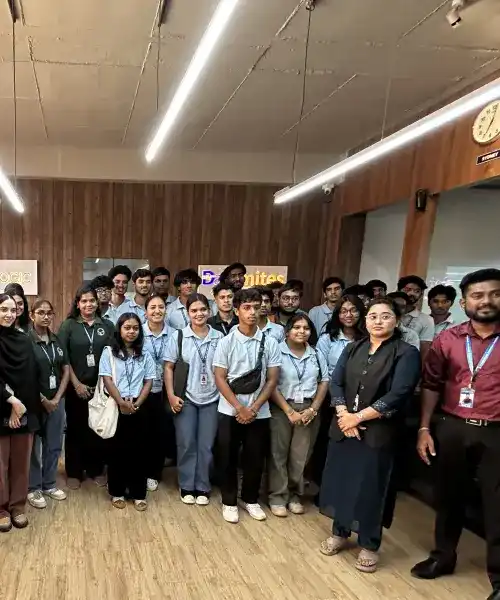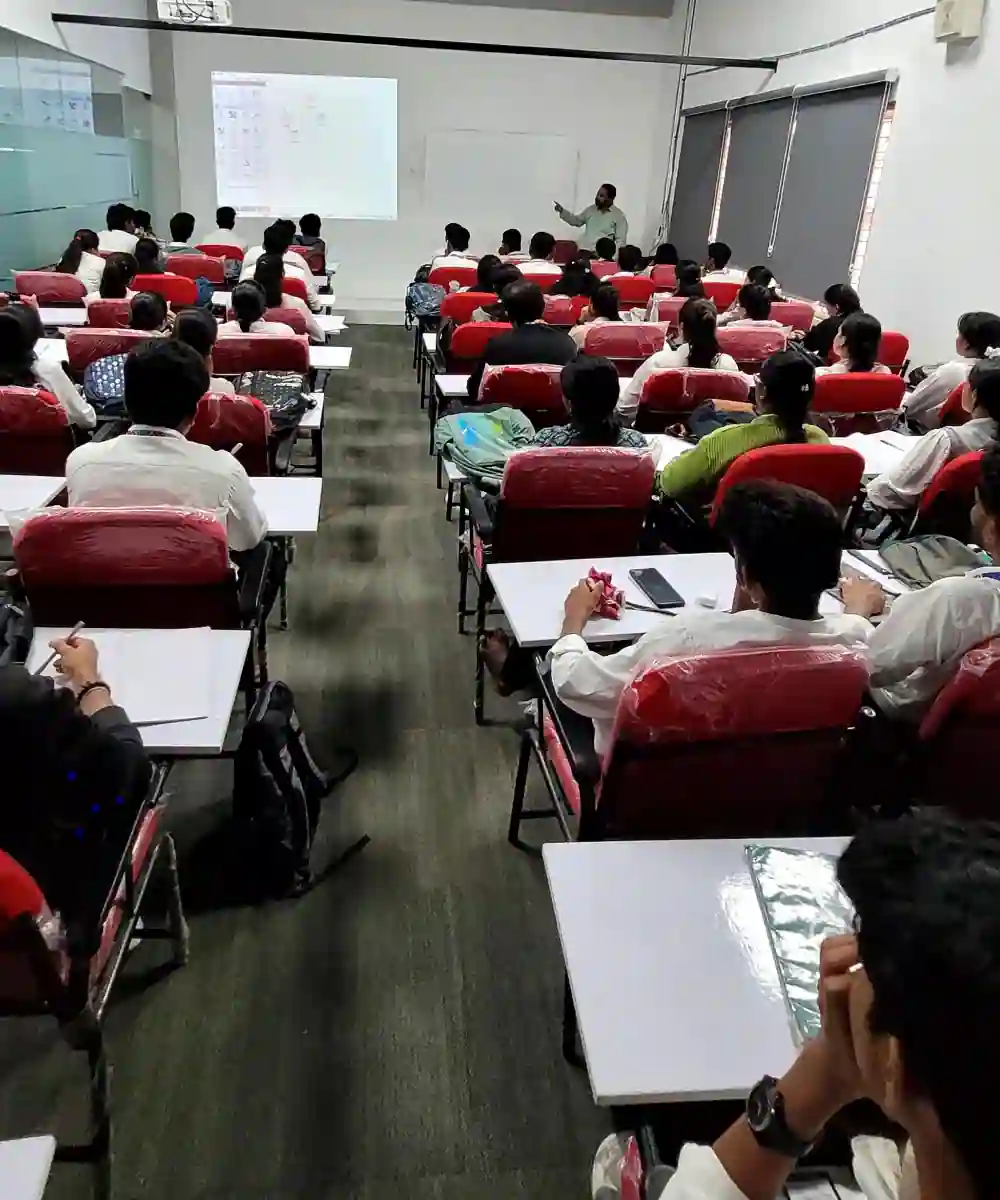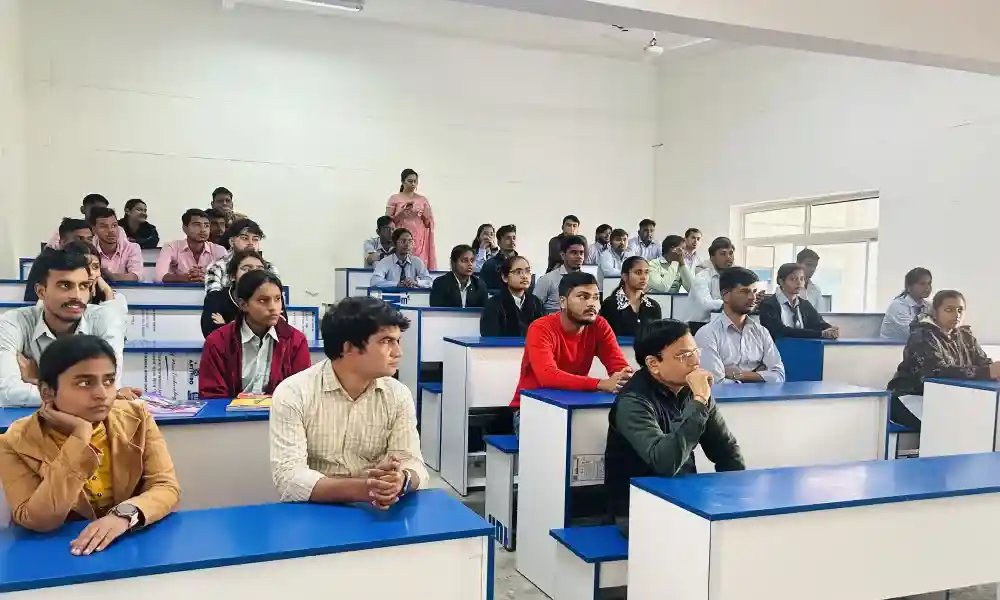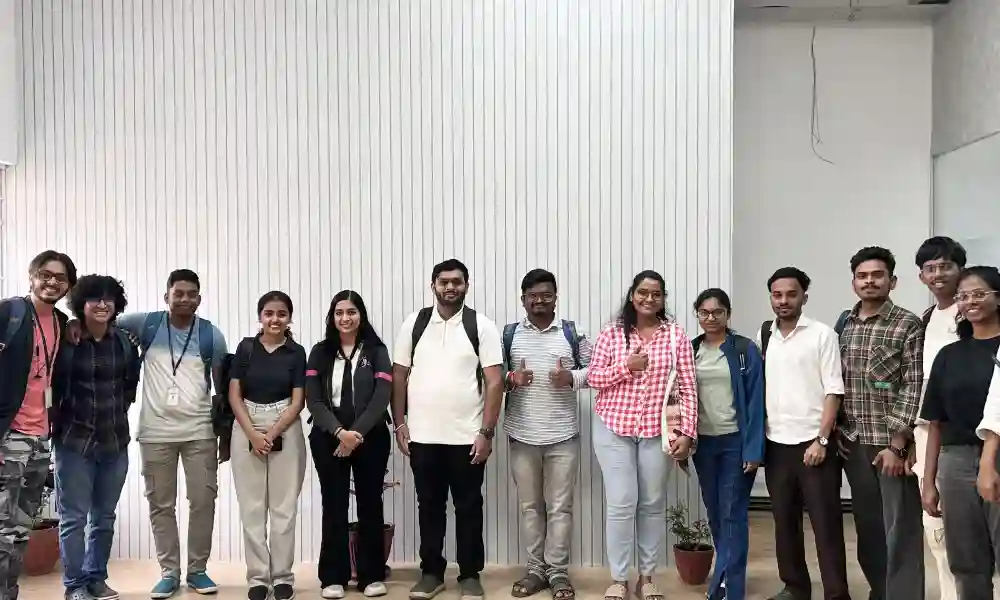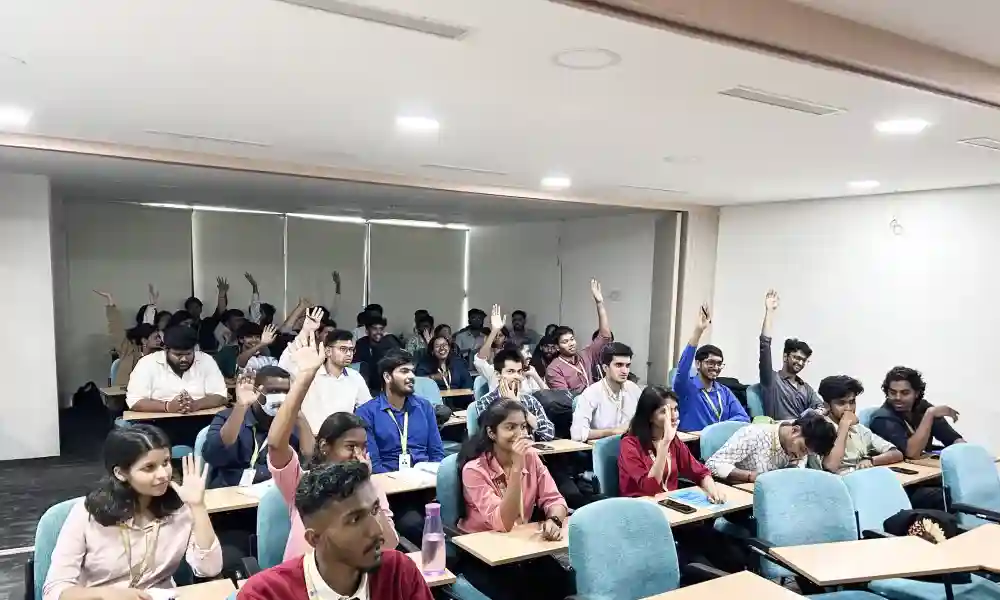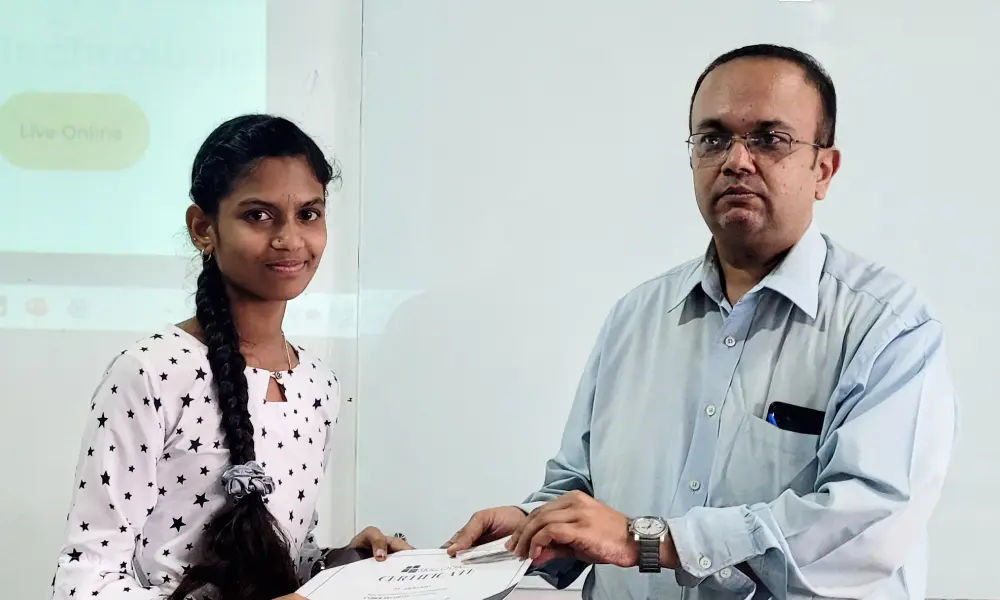SOFT SKILLS TRAINING IN PUNE
SKF-SST-33
-

-
(18102 Reviews)
-
Career: Exploring opportunities in any industry or field to leverage my skills and expertise for professional growth.
-
Skills: Hone your leadership, collaboration, and communication skills to thrive in any work environment.
-
Flexible Learning: Tailor your learning approach to your individual needs and schedule and embrace flexible learning options that help you achieve your career goals efficiently.











